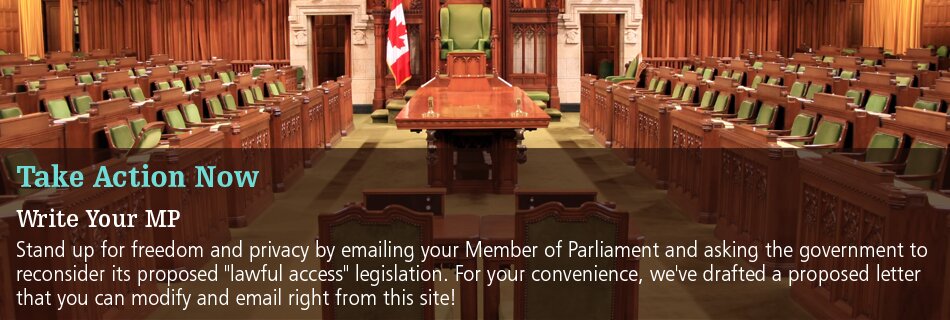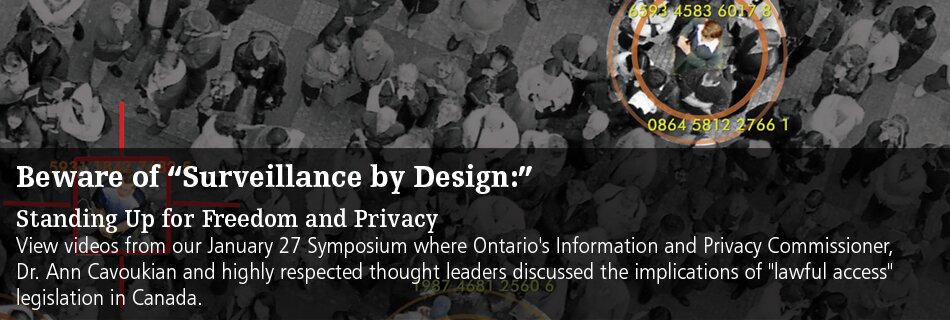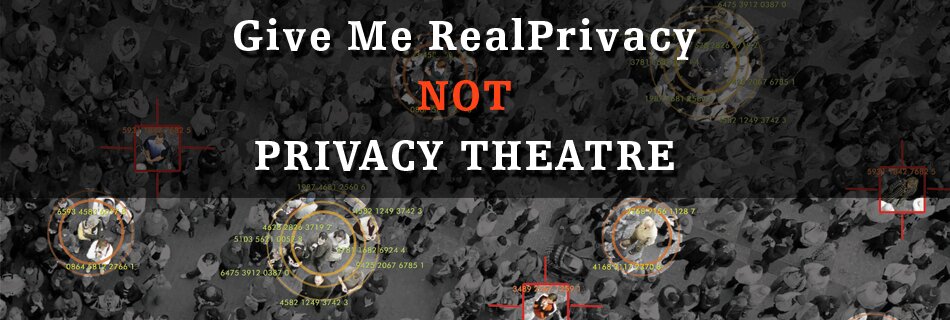On February 11, 2013, Justice Minister Rob Nicholson announced that the government, “will not be proceeding with Bill C-30, and any attempts that we will continue to have to modernize the Criminal Code will not contain the measures contained in C-30, including the warrantless mandatory disclosure of basic subscriber information or the requirement for telecommunications service providers to build intercept capability within their systems.”
I’m utterly delighted that the government has listened to the enormous public outcry against unauthorized, warrantless access. I want to express my thanks to Ontarians, and indeed all Canadians, who joined us by the thousands in standing up for freedom and democracy. Together we demonstrated that the true value of privacy must be recognized – and ideally enhanced, not diminished – in any effort to modernize law enforcement powers.
The death of Bill C-30 upholds our fundamental right to privacy, and in turn, preserves our freedoms. This is a victory for every Canadian!
Ann Cavoukian, Ph.D.
Information and Privacy Commissioner, Ontario









